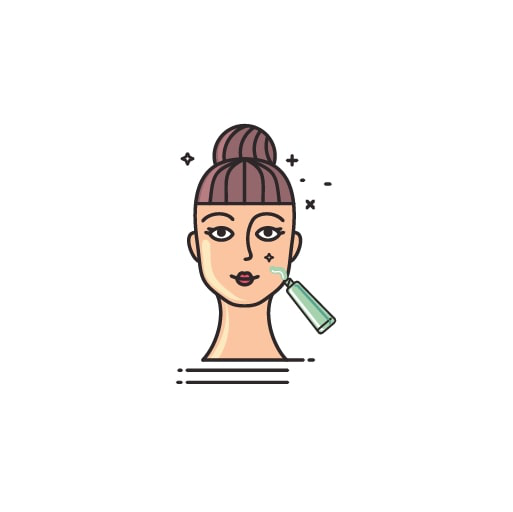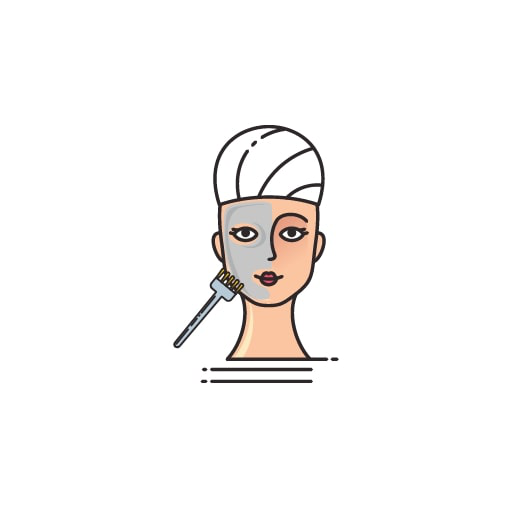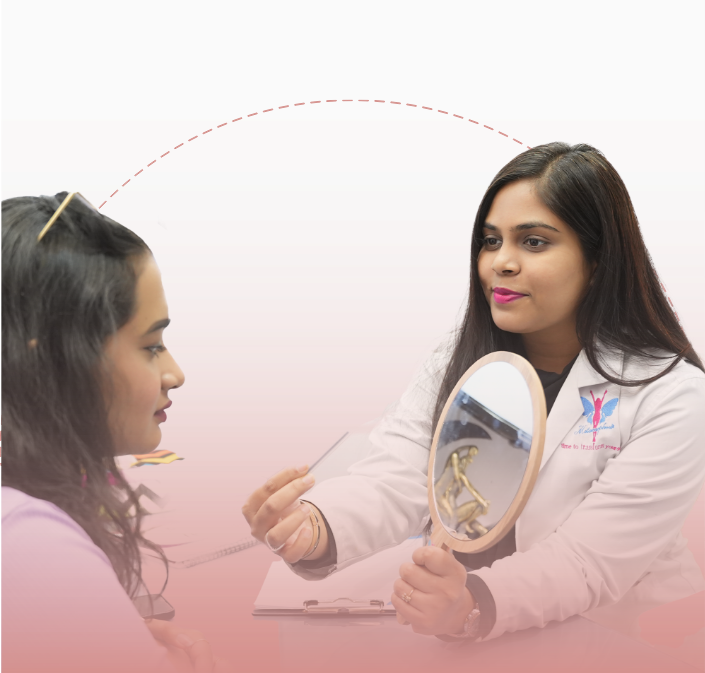Reveal Your Radiance with
Our Expert Chemical Peels!

Tired of dullness, acne, or stubborn pigmentation? Chemical peels don't just exfoliate the surface, they penetrate deep, revealing your skin's true potential. Imagine smooth, bright, rejuvenated skin – not just for days, but for months to come.

This isn't your typical treatment. Chemical peels are personalized with potent solutions that exfoliate, cleanse, and target specific skin issues. Think of it as a skincare revolution, addressing your concerns with precision.

Witness the transformation. Reduced acne, faded pigmentation, goodbye dullness – hello confidence!
Tailored to meet your unique skin needs, our clinically proven chemical peels offer lasting results, leaving you with smoother, brighter, and more youthful skin

Facial Cleansing

pre-peel (Vaseline)

Application of peel


Face Cleansing

Solution Application

Solution Removal

Skin Neutralization

Icing and Cooling

Sunscreen Application

Treatment Synopsis





Superficial peels: immediate
medium depth peels: 3-4 days
deep peel: 7-10 days




Get in touch
One of our friendly metamorphosis advisors will call you to book your consultation.
Schedule Your FREE consultation today!
Frequently Asked Questions
